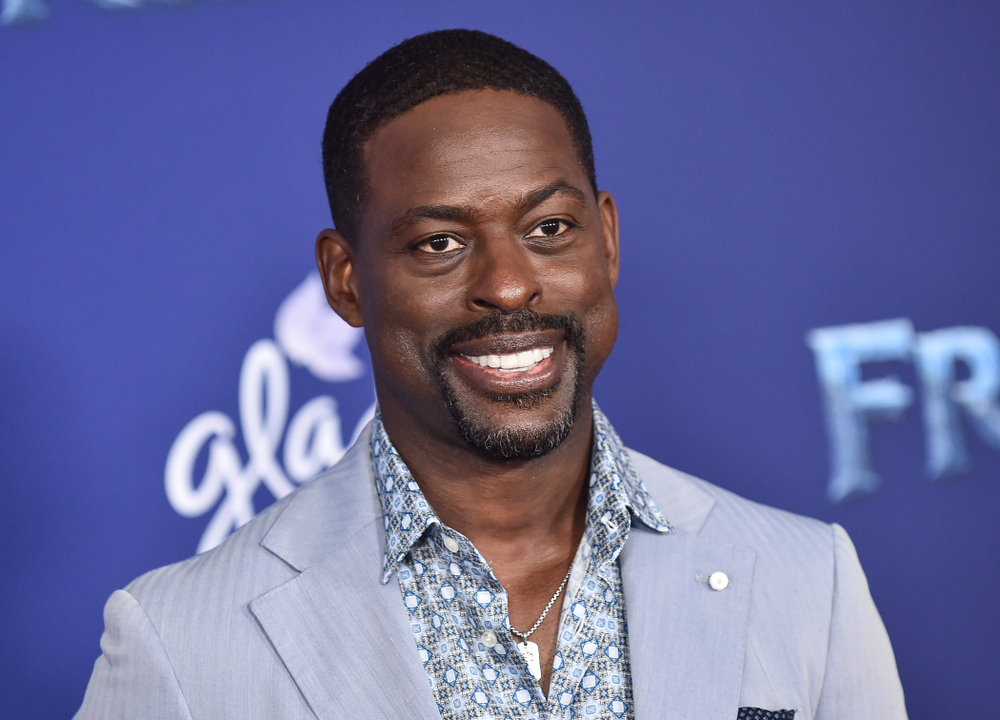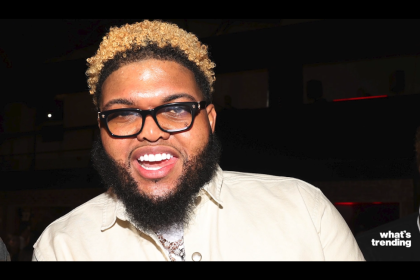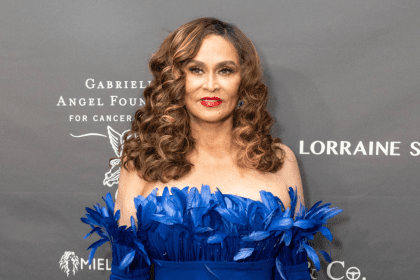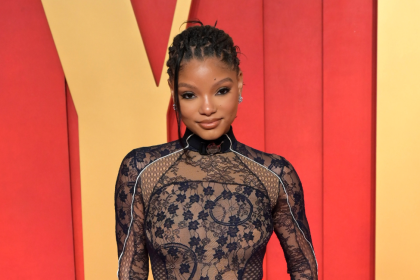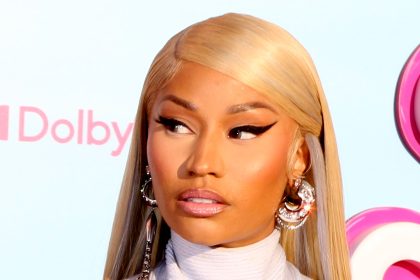Sterling K. Brown, renowned for his role in ABC’s hit series “This Is Us,” recently opened up about the stark realities of being a Black actor in Hollywood during a candid conversation on his podcast, “We Don’t Always Agree,” alongside his wife, Ryan Michelle Bathe. Their discussion highlighted the disparities in how cancel culture affects Black entertainers compared to their white counterparts.
The unequal impact of cancel culture
Brown and Bathe drew comparisons between the public reactions to controversies involving Black and white celebrities. They referenced Kevin Hart’s 2019 Oscars hosting debacle, where his past homophobic jokes led to significant backlash, contrasting it with John Mayer’s 2010 comment about his anatomy being akin to a “white supremacist,” which has largely been forgotten. While both Hart and Mayer have managed to bounce back from their respective controversies, Brown emphasized that Black individuals in the industry often face harsher consequences.
Observations on behavior and perception
During the podcast, Brown shared his observations of how white actors are often perceived differently when expressing frustration or passion on set. He noted, “I have observed behavior of my white counterparts on set where people will get loud and, you know, frustrated, and it is couched as being passionate or just sort of like animated.” He pointed out that if he were to exhibit similar behavior, he would likely be labeled as a threat. This disparity in perception underscores the heightened scrutiny that Black actors face in Hollywood.
The weight of hyperawareness
Brown elaborated on the emotional burden of being hyperaware of his actions, stating, “Just by being Black in general, like the level and emotional amount of latitude for bad behavior, you have different consequences.” He expressed that he feels the need to navigate his interactions carefully, aware that a single misstep could jeopardize his career.
Cancel culture as a weapon
Bathe added her perspective, suggesting that cancel culture has been weaponized to shield certain individuals from accountability. She argued that if cancel culture were genuinely equitable, it would target everyone equally, rather than selectively impacting marginalized groups. This sentiment resonated with listeners, many of whom recognized the underlying issues of racism and systemic inequality in Hollywood.
Community responses and the call for change
The couple’s discussion sparked a wave of reactions from fans, with many highlighting the historical context of racism in the entertainment industry. One listener remarked, “We have been marketed and promoted to be viewed this way since slavery,” emphasizing the deep-rooted issues that persist today.
Another comment noted Brown’s cautious behavior around women on set, reflecting a desire to avoid any potential misunderstandings in the wake of the #MeToo movement. This movement, which gained momentum in 2017, aimed to address sexual harassment and assault, particularly in Hollywood, and has had a profound impact on how men and women interact in the industry.
The rise of independent studios
In light of these challenges, some Black creators are taking matters into their own hands. The discussion also touched on the success of figures like Tyler Perry and 50 Cent, who have established their own film and television studios. This trend reflects a growing movement among Black artists to create spaces where they can thrive without the constraints of traditional Hollywood structures. Speculation is even swirling around comedian Katt Williams, who has reportedly purchased a military base in Alabama to launch his own entertainment compound.
A call for equality
Brown’s insights shed light on the ongoing struggles faced by Black actors in Hollywood, particularly in the context of cancel culture. His candid remarks serve as a reminder of the need for greater accountability and equality within the entertainment industry. As more Black creators forge their own paths, the hope is that a more equitable landscape will emerge, allowing for diverse voices to thrive.
The conversation between Brown and Bathe is a crucial step in addressing the systemic issues that continue to plague Hollywood, and it encourages a broader dialogue about race, accountability and the future of the entertainment industry.

